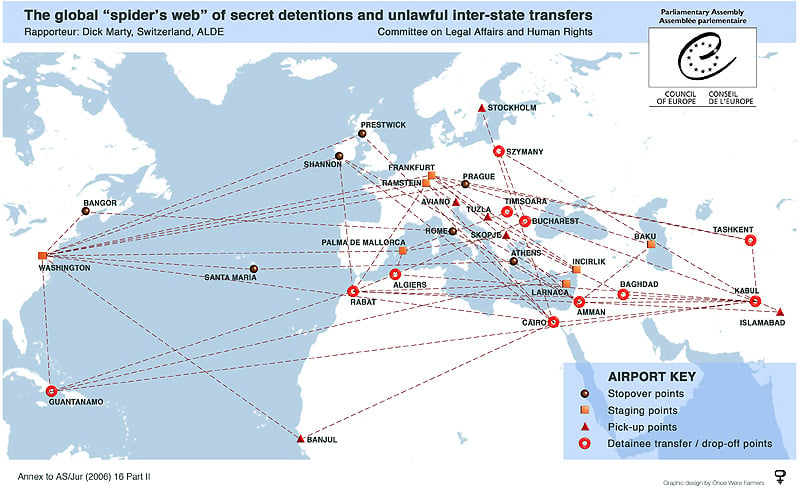Core Warrior Values
Core Warrior Values.
Isn't it a wonderfully macho phrase? Staunch. Robust. Muscular. Just look at those rippling core warrior values. Cor.
Why 'Warrior'? Why not 'Soldier'? Or 'Military'?
The word choice will have been deliberate.
Somebody thought about it, probably more than one somebody.
A public relations officer somewhere mulled it over, showed it round the office. Asked their manager, "Hey. What do you think? Warrior? Or Soldier? I wondered about 'Military' but - meh - it just doesn't have the right ring to it. Too stodgy. Too organisational."
Maybe they even did a focus group.
Warrior. Not Soldier.
Perhaps 'soldier' also had too much of that organisational reek. 'Soldiers' follow orders, do what they're told. They permit their autonomy to be erased. They consent to be reduced to cogs within a very particular kind of machinery. That's not nearly as cool as being a 'warrior.' The term 'warrior' lends itself to associations with nobility, with heroism.
And also, 'soldier' might lead to further inconvenient questions. Like "But were they not being cog-like then, when they murdered that toddler?" and "But weren't they just 'completing their mission' when they shot that man in the wheelchair?"
It might lead us to the conclusion recently drawn by the peerless Gary Younge that "These atrocities are not contrary to the ethics of this particular occupation but the natural and inevitable consequence of it." As he said in the same article "This is what occupation is; this is what occupation does."
Let's look at the phrase holistically for a second: "Core Warrior Values."
What are they? Well the PR machine would have it that they're about things like not killing civilians (or at least not killing the conspicuously unarmed ones, unless you have to hand an adequate supply of shovels and AK47s with which to appropriately outfit your victims. It remains advisable, however, to remember that no matter how many shovels you lay down beside that little pre-schooler's corpse, the total effect is always going to lack a certain verisimilitude). In other words -- well, for all the obvious reasons, 'core warrior values' training is not going to be about persuading warriors to act decently. At best it's an effort to persuade them to refrain from the most egregious forms of indecency in those situations where discovery and publicity is likely.
But like so many of these resonant phrases, 'core warrior values' turns truth on its head. Up is down. In is out. Speech is silence. War is peace.
If you want to know about core warrior values, go ask the Sabine women (and wasn't it just too cute for words how that worked out?) Go ask the inhabitants of any of a wide array of towns and cities after the Mongols came. Or those from Constantinople just after the Fourth Crusade. Or the estimated 12, 000 Jews who died in the Rhine Valley, killed during the First Crusade by Crusaders en route to Jerusalem. Ask those who fled to al-Aqsa mosque what those crusaders did on arrival. I suspect they would prove quite informative about what -- traditionally -- have been 'core warrior values.'
Evidently, it's a tradition embraced with some enthusiasm by the U.S. military and their (I'm not quite sure what the right word should be. Colallies? Allonies? Coalitionies? Colonition? I think that last might be my favourite) Colonition.
And as for 'Core?'
It could mean 'hard' -- I suspect that was what that PR officer was going for. Like 'the solid unshakeable core.' Or 'hard-core.'
But I find myself thinking of a different core that's kind of squishy and surrounded by something even squishier (maybe even a bit mouldy in places -- not green or black mould like you get on bread, but that white, powdery-looking stuff that collects on the particularly brown, almost liquidy-soft spots like mini-snow-drifts). The whole thing smelling somewhat fermented. Maybe a bit vinegary. A bit like cider, come to think of it.



